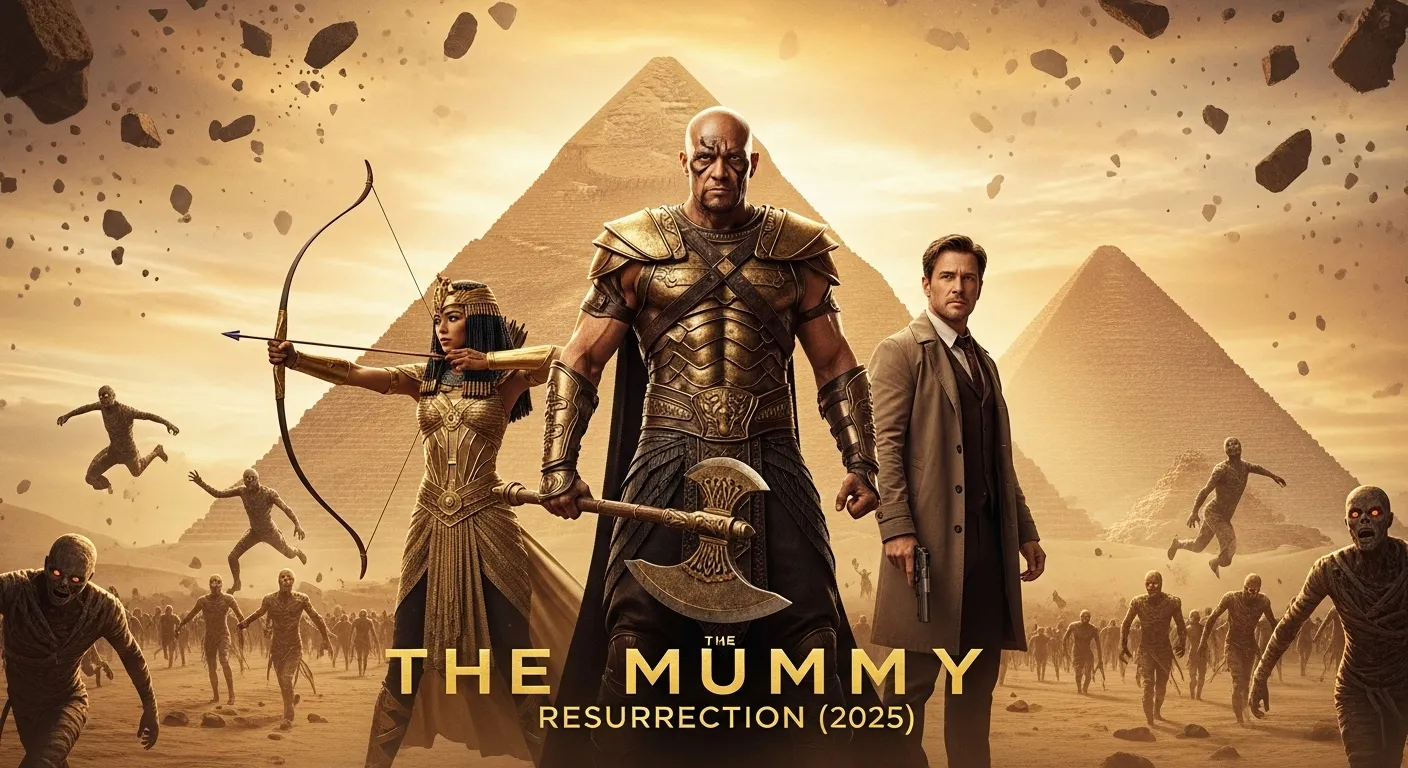AMC’s The Walking Dead, based on the comic series by Robert Kirkman, is more than just a post-apocalyptic zombie show — it's a long-running saga about survival, morality, and what it truly means to be human when the world falls apart. Premiering in 2010 and spanning eleven intense seasons, the series has evolved from a gritty survival tale to a deep character study framed by loss, leadership, community, and hope amidst chaos.
The story begins with Sheriff’s Deputy Rick Grimes (Andrew Lincoln), who wakes up from a coma in an abandoned hospital only to discover that the world has been overrun by the undead. With society collapsed and civilization in ruins, Rick embarks on a quest to find his family and stay alive, quickly emerging as a reluctant but determined leader. What starts as a small group of survivors constantly on the run gradually transforms into a series of evolving communities striving to rebuild a semblance of society.

Throughout its run, The Walking Dead explores the shifting definitions of right and wrong. The real threat isn't always the walkers (zombies), but often the other humans — desperate, brutal, or manipulative — who will do anything to survive. From The Governor to Negan, the series introduces some of the most chilling and morally complex villains in TV history. These antagonists often mirror the darker sides of the protagonists, forcing viewers to question whether the ends ever justify the means.
One of the show’s greatest strengths lies in its character development. We witness heroes rise, fall, and transform — sometimes into people they barely recognize. Carol evolves from a soft-spoken abuse survivor into a strategic, hardened warrior. Daryl, initially a loner with rough edges, becomes one of the most loyal and beloved figures. And Rick’s journey from lawman to broken father to mythical leader is both heartbreaking and awe-inspiring.

Beyond its apocalyptic setting, The Walking Dead taps into universal human themes — love, grief, betrayal, sacrifice, and the need for connection. It asks: How do you maintain your humanity in an inhuman world? What are you willing to give up to protect the people you love? When do survival and morality stop aligning?
Visually, the show is grim and raw, with standout makeup and special effects that bring the walkers to gruesome, lifelike reality. Yet it balances the horror with moments of quiet beauty — friendships formed around campfires, children being born in the darkest times, and people daring to dream of peace.

As the main series concluded in 2022, it left behind a rich legacy — not just through its own story arc, but through spin-offs like Fear the Walking Dead, The Walking Dead: Daryl Dixon, and Dead City. The universe continues to grow, proving that the world of The Walking Dead still has many stories left to tell.
At its core, The Walking Dead is about the cost of hope and the price of survival. It’s a story that reminds us that even when the world ends, the fight for dignity, purpose, and love never truly dies.



